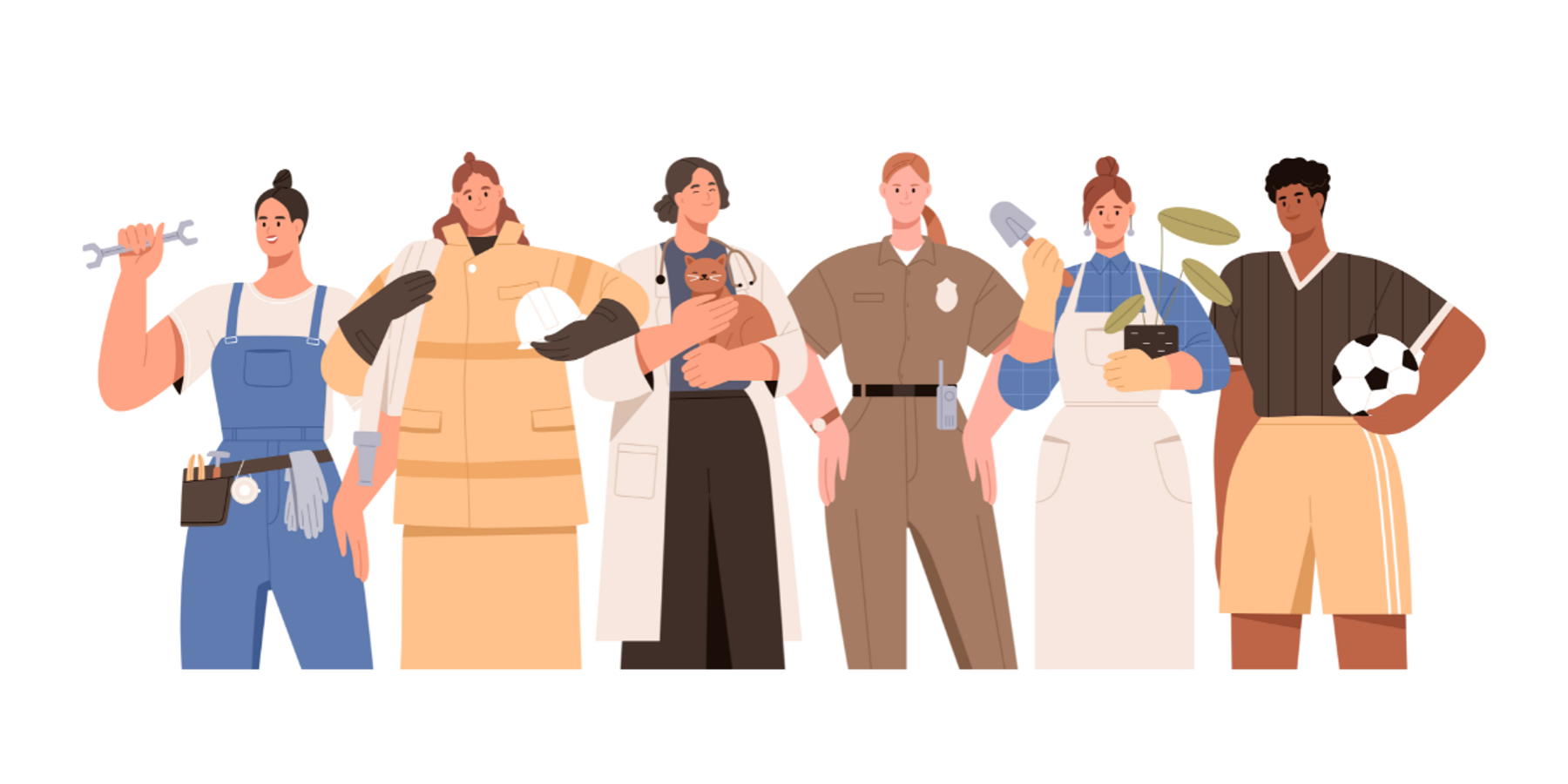“I didn’t find Sonos. Sonos found me,” says David Muckle, Senior DevOps Engineer at the pioneering audio tech company. That unexpected beginning launched a career that defies the fast-paced, job-hopping norm of today’s tech world.
Straight out of college, David joined Sonos as a junior engineer. Seven years later, he’s one of the most senior members of his team — known not just for his technical skills, but for his thoughtful approach to problem-solving, cross-functional collaboration, and advocacy as a neurodivergent employee.
David’s journey is a compelling reminder that career growth doesn’t always mean changing companies. Sometimes, it means growing roots, asking the right questions, and building both software and self-knowledge over time.
Keep reading to discover how David built a meaningful career from the ground up — and the advice he has for anyone hoping to do the same.
Entering Sonos
David was already excited about the opportunity before he even walked through the doors at Sonos. The problems the team was solving, the culture he sensed from conversations with other employees, and the role itself all pointed to a promising fit. But it was a small, serendipitous moment that made it feel meant to be.
“The night before the interview, I was reading David Byrne’s How Music Works,” David recalls. “When I arrived on-site for my interview, I noticed a copy of the book displayed prominently on a shelf. After that, I felt assured that Sonos was the right fit for me.”
Sometimes, alignment shows up in unexpected ways. For David, a shared appreciation for music and curiosity about how things work all hinted that Sonos might not just be a place to work, but a place to grow.
Early challenges
Before joining Sonos, David was already a capable and curious technologist. He had built up a solid foundation of technical skills through self-directed learning and open-source contributions — including creating a niche operating system and managing university servers alongside a professor. These projects offered creative freedom and small, tight-knit teams.
“I’d be on a team of five or so on an open-source project, or with another person and a professor managing the computer science department’s servers and computer lab,” he says. “Sonos isn’t the biggest company in the world, but it’s certainly bigger than anything I'd worked with or for.”
At Sonos, David quickly realized that technical know-how was only part of the equation. The bigger challenge was adapting to the scale and structure of a growing company.
“Learning who does what on which teams and who our internal customers were was a big challenge then,” he explains. “A lot of the learning curves were less around tech and more around process and working in an office space.”
David didn’t expect to have it all figured out from day one; and that mindset helped him grow. He embraced every opportunity to ask questions, understand the “why” behind decisions, and piece together how the company operated. “It just comes from experience and being curious about how things are done and why.”
Mastering people management
In DevOps, internal teams are your customers, so collaboration is just as important as code.
“Technical solutions need buy-in from other people if anything successful is going to happen with them,” David says. “I know why something is a good idea, but it can be hard to communicate that to others.”
That changed during a pivotal project: introducing Kubernetes at Sonos. His team built a cluster and migrated an internal service to it, creating a tangible example that helped other teams see the value.
“From there, we could demonstrate how this could be beneficial and cost-reducing,” he explains. The experience was a turning point in learning to influence, explain, and lead — especially in ways that aren’t easily measurable. “You can measure the latency of a network connection, but people and teams are harder to measure.”
Now, David often finds himself coaching others, including a manager new to DevOps. “I talk with people more than I implement things,” he says. “It’s an interesting change of pace from working on technical problems.”
A culture of innovation
David credits Sonos’ culture of innovation for helping him overcome challenges. One standout example is Hack Week, where employees can drop their regular tasks to explore new ideas. “It’s an incredibly unique and awesome opportunity to do something outside of your wheelhouse and alleviate burnout,” David says.
The cross-team collaboration during Hack Week inspired David to continue working across teams, a practice that’s been key to his growth. “That sense of camaraderie was incredibly important, both when starting out and during challenging times like the pandemic.”
Unity in (neuro) diversity
The pandemic gave David time to reflect and better understand his neurodivergence. Recognizing the value of diverse perspectives, he became a founding member of the Neurodiversity@Sonos Employee Resource Group (ERG). “Unique perspectives often bring unique solutions to problems,” David notes, emphasizing that while these solutions aren't necessarily better, they offer more options to solve challenges.
This initiative resonated deeply with his colleagues, many of whom joined the ERG. “Being at a company that values the input of unique people is very meaningful,” David says. For him, it’s been a journey of self-awareness — acknowledging his differences and using them to create solutions, both personally and professionally.
How to build a career that grows with you
David’s advice for cultivating a career that evolves with you is simple but effective:
- Strengthen your soft skills: Building relationships, navigating team dynamics, and learning how to communicate effectively can be the difference between success and stagnation. “These aren’t things you can learn from a book; they come from real-world experience,” David says.
- Practice self-directed learning: The tools to expand your technical expertise are out there, often for free. “Self-learning is key. Open source, for example, offers opportunities to develop your skills in a smaller, more intimate setting.”
- Ask questions: Don't be afraid to ask. “The only way to learn is by breaking assumptions through questions,” David emphasizes. Asking questions can help clarify misunderstandings and accelerate your growth.“
- Acknowledge the ‘separation of concerns’: When you have a hammer, every problem can look like a nail. Treat individual problems as individual problems and break them down. Not every challenge requires the same solution. “You don’t need to solve everything at once. Tackle problems as they come, and approach them individually,” David advises. Understanding that one solution doesn't fit all will make your work more manageable and rewarding.
By focusing on these practices, you can build a career path that continually allows you to expand, adapt, and grow.
If you're inspired by David's journey and want to build a career that grows with you, check out the open roles at Sonos.




